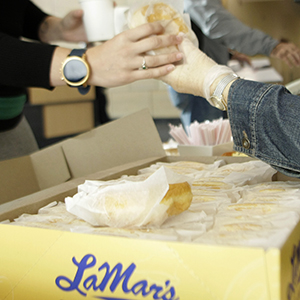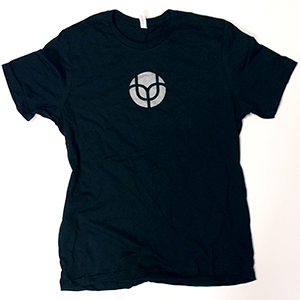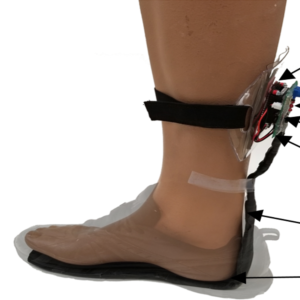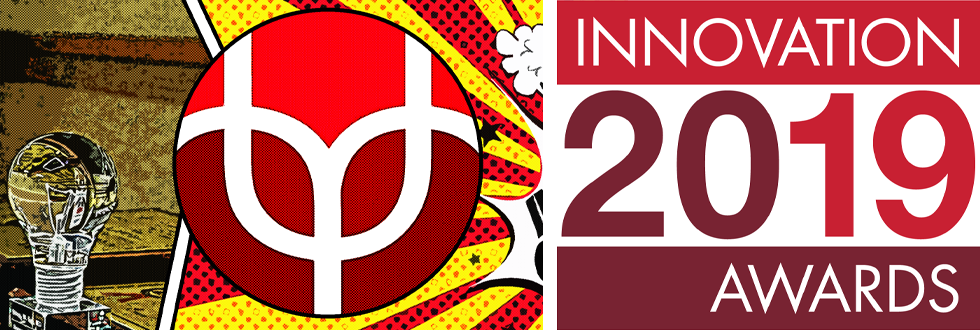
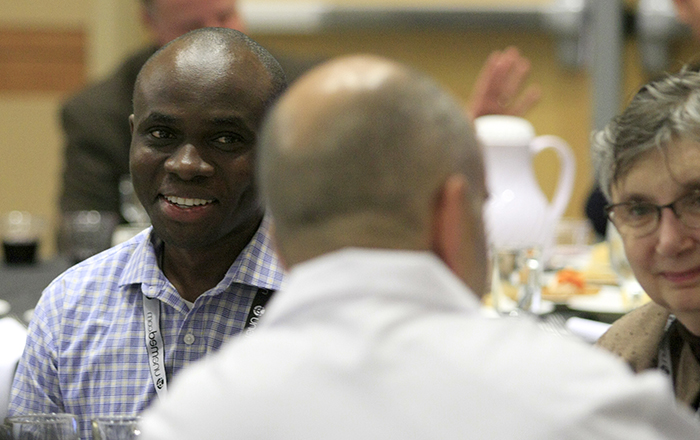
Benson Edagwa, PhD, (left) chats with colleagues during the 2019 Innovation Awards ceremony on Thursday, Oct. 17. Later in the evening, Dr. Edagwa was named the 2019 Emerging Inventor.
OMAHA, Neb. (October 18, 2019)—Innovation Week concluded last night with the 2019 Research Innovation Awards Banquet.
UNMC researchers Benson Edagwa, PhD, and Corey Hopkins, PhD, were presented the top honors and highlighted the 13th installment of UNeMed’s awards program. Vascular surgeon and Professor Jason Johanning, M.D., was also singled out with a special award.
Sponsored and hosted by UNeMed, the awards program specifically recognizes UNMC and UNO innovators and their work, conferring awards to those who have disclosed a new invention, were issued a United States patent, or had their technology licensed for further commercial development.
The awards ceremony honored a new innovation from Dr. Hopkins as the Most Promising New Invention, and Dr. Edagwa was named the Emerging Inventor. Dr. Johnanning’s FutureAssure was named UNeTech’s Startup of the Year.
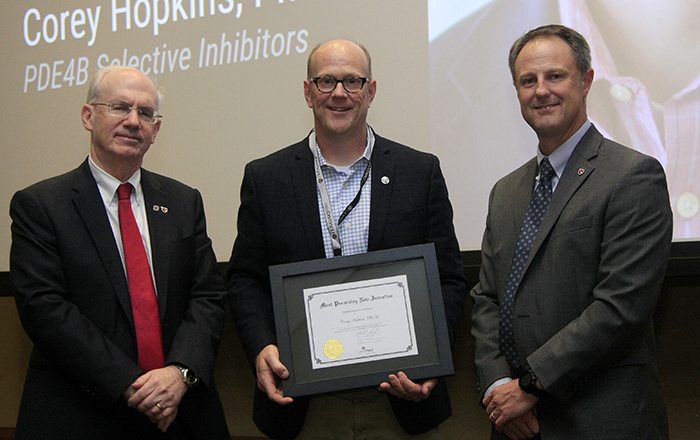
From left are Chancellor Jeffrey Gold, M.D., Corey Hopkins, PhD, and UNeMed President and CEO, Michal Dixon, PhD Dr. Hopkins’ PDE4B Selective Inhibitors was named UNeMed’s Most Promising New Invention of the year during the 2019 Innovation Awards ceremony on Thursday, Oct. 17.
Dr. Hopkins is developing a novel series of inhibitors that hold promise as treatments for several inflammatory diseases, including chronic obstructive pulmonary disease, rheumatoid arthritis, psoriasis, atopic dermatitis and inflammatory bowel disease. His inhibitors, which target phosphodiesterase 4 or PDE4, also show promise in central nervous system diseases like schizophrenia, neurodegenerative diseases and even drug addiction.
Dr. Edagwa was the 2019 Emerging Inventor in recognition of his contributions to innovations in the development of long-acting antiretroviral therapies.
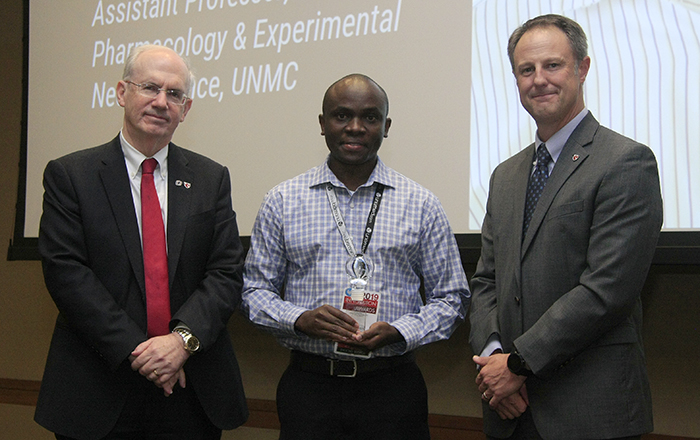
From left are Chancellor Jeffrey Gold, M.D., Benson Edagwa, PhD, and UNeMed President and CEO, Michal Dixon, PhD Dr. Edagwa was named UNeMed’s Emerging Inventor of the year during the 2019 Innovation Awards ceremony on Thursday, Oct. 17.
Since he joined UNMC in 2012, Dr. Edagwa has been an inventor on 11 inventions, including three in the last year. He is also a listed inventor on 11 pending patent applications. Most of his work centers on improvements to treating HIV and Hepatitis B, and is a key inventor of LASER ART (long acting slow effective antiretroviral therapy). LASER ART shows great promise as a treatment that could be given to HIV patients once every six months or even just once a year. LASER ART was also a key component in a recent study led by Howard Gendelman, M.D., that appeared to eradicate HIV from mice—a scientific first.
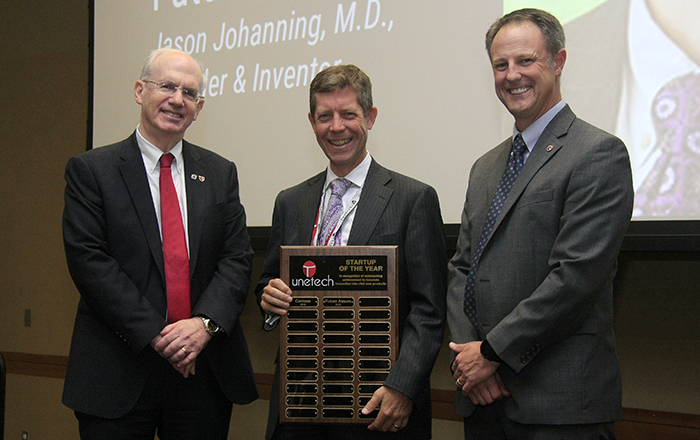
From left are Chancellor Jeffrey Gold, M.D., Jason Johanning, M.D., and UNeMed President and CEO, Michal Dixon, PhD Dr. Johanning’s startup company, FutureAssure, was named UNeTech’s Startup of the Year during the 2019 Innovation Awards ceremony on Thursday, Oct. 17..
Dr. Johanning created his startup, FutureAssure, on the foundation of a device he invented that will help measure a patient’s risk in surgery. The device gives medical teams objective measures to assess that risk and eventually improve outcomes and surgical safety.
The evening also featured a keynote speaker, noted chemist Dennis Liotta, PhD He is the Executive Director for the Emory Institute for Drug Development at Emory University, and helped transform HIV/AIDS from a death sentence into a chronic but manageable infection.
It is estimated that about 90 percent of all HIV-infected patients in the United States have taken one of the two drugs he invented.
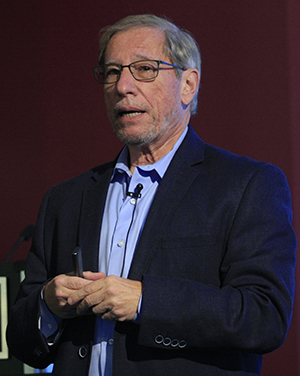
Dennis Liotta, PhD, delievered a noon presentation to an estimated 140 on Thursday, Oct. 17, as a part of Innovation Week 2019. He also delevered the keynote address during the Innovation Awards banquet later that evening.
Dr. Liotta talked about his long road toward a blockbuster drug development that spanned more than 15 years, but ultimately resulted in a $525 million in royalties to Emory University in 2005.
“This looks like the bottom line. This looks like the end of the story, but it’s not,” Dr. Liotta said.
The money only lasts so long, and it’s important to have the infrastructure of support so that large-impact developments can happen more often, he said.
Earlier in the day, at noon, Dr. Liotta hosted a well-attended seminar entitled: “Novel Therapeutics for Treating Viral Diseases, Cancer and Inflammatory Disorder.” The presentation was a scientific look at his more current work, including an algorithmic system called FRESH. It uses machine learning to help discover more promising new drug candidates.
The awards banquet later that evening was the culmination of Innovation Week, an annual celebration that promotes and recognizes innovation and research at UNMC and UNO.
Innovation Week began Monday with a Kick-Off event, and then on Tuesday UNeTech, the University’s startup incubator, hosted an open house. On Wednesday, Nebraska Bio sponsored its popular annual event, a luncheon and panel discussion that celebrates women in STEM fields—science, technology, engineering and mathematics.
Learn more about Innovation Week and UNeMed at https://unemed.com/innovation-week.
2019 Innovation Awards Program by UNeMed Corporation on Scribd
Read article

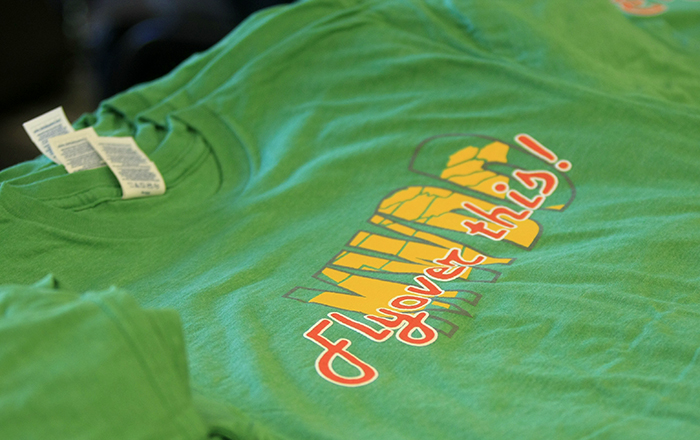
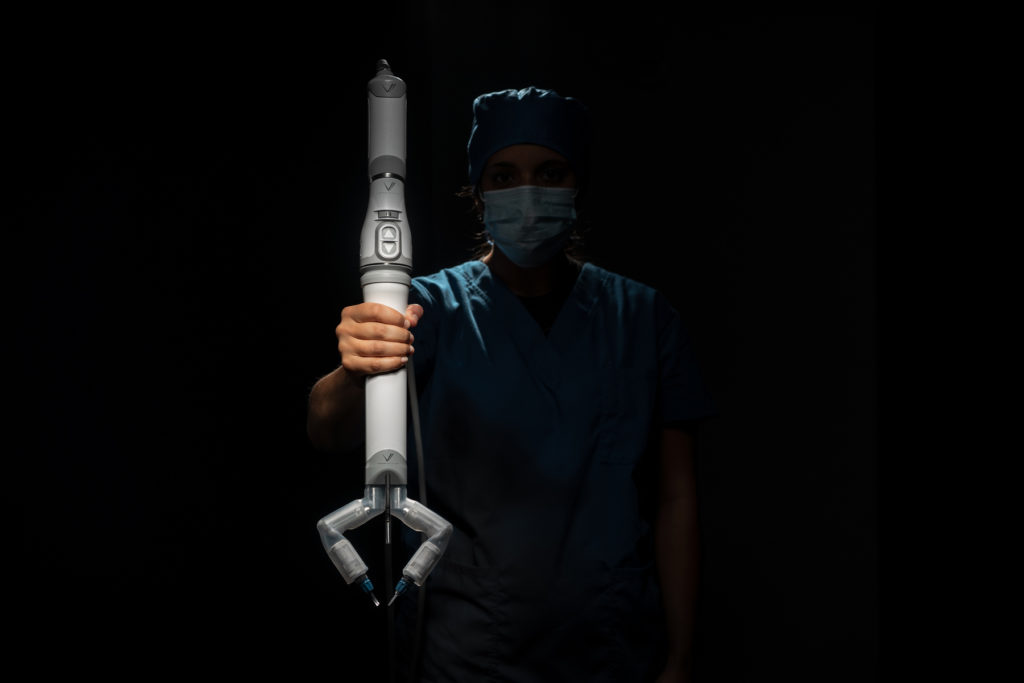
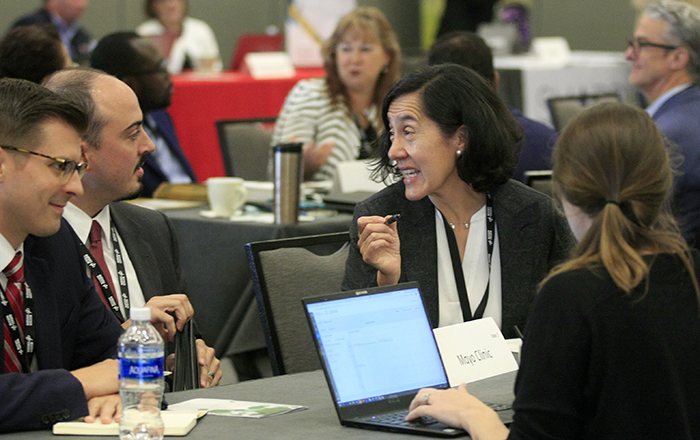
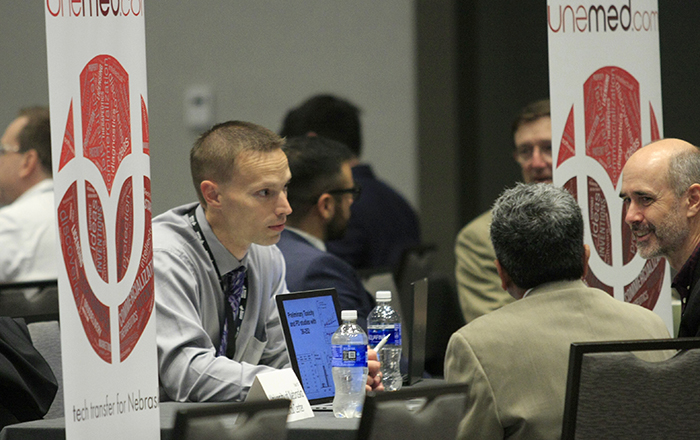 The list of participating universities has not yet been released, but a mix of returning and new institutions are expected, planners said.
The list of participating universities has not yet been released, but a mix of returning and new institutions are expected, planners said.
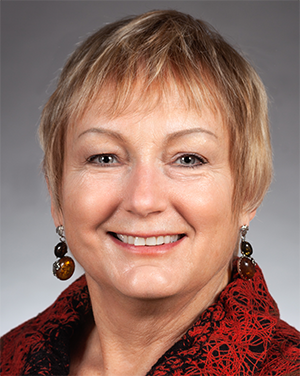
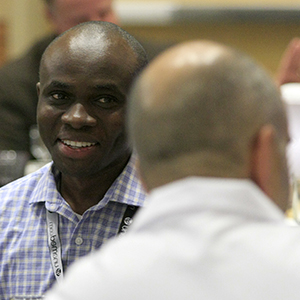
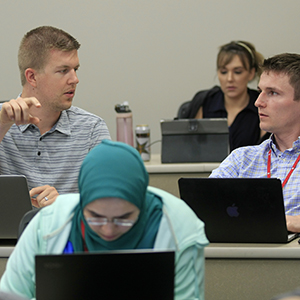
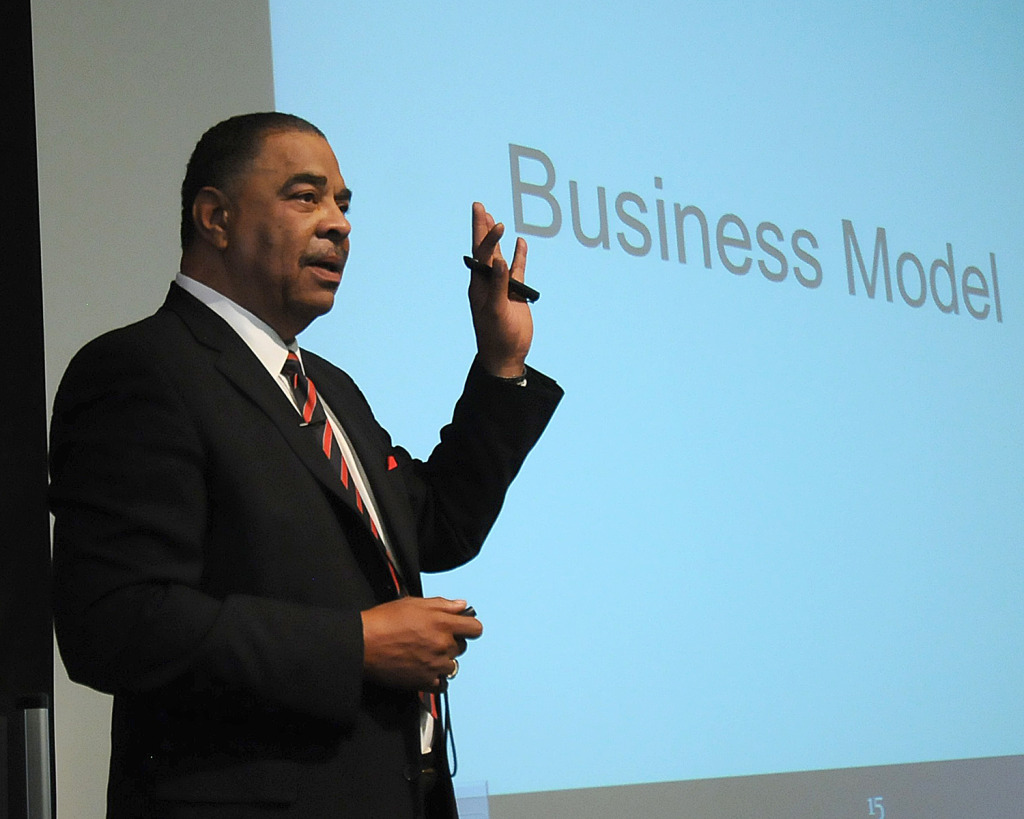
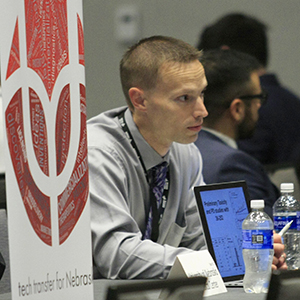 7. MidWest Drug Development Conference
7. MidWest Drug Development Conference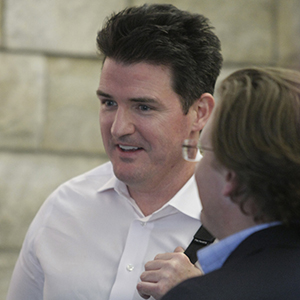
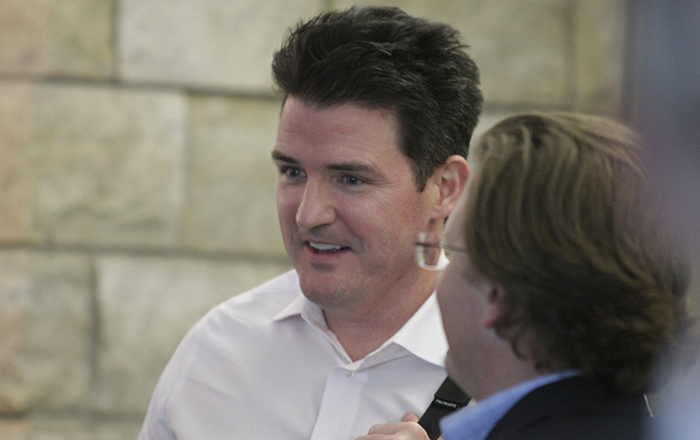
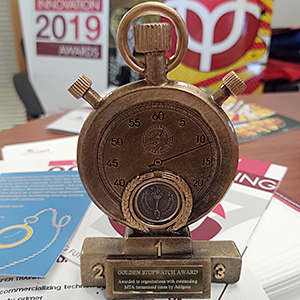 “The best thing about receiving the award is that it is a reflection of our great team here at UNeMed,” Andersen said. “My colleagues here are a true asset – I couldn’t do it without them. The open lines of communication and the spirit of teamwork here at the office allow us to keep things on track and provide high quality service to our university, its faculty and its staff, which, at the end of the day, is our ultimate goal”
“The best thing about receiving the award is that it is a reflection of our great team here at UNeMed,” Andersen said. “My colleagues here are a true asset – I couldn’t do it without them. The open lines of communication and the spirit of teamwork here at the office allow us to keep things on track and provide high quality service to our university, its faculty and its staff, which, at the end of the day, is our ultimate goal”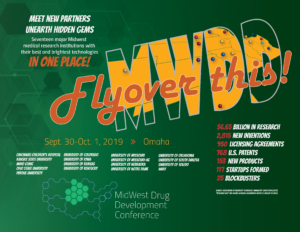
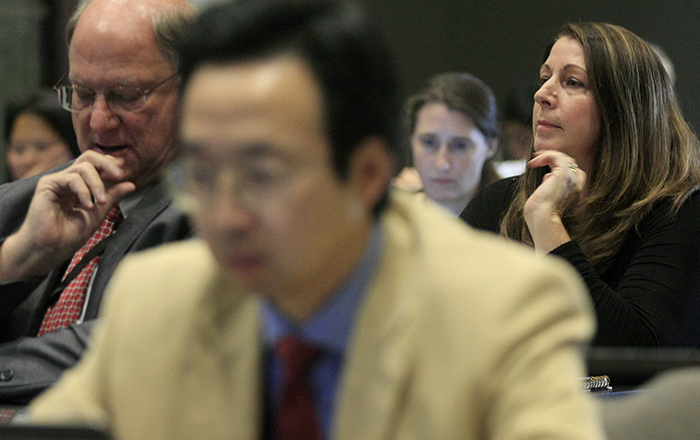
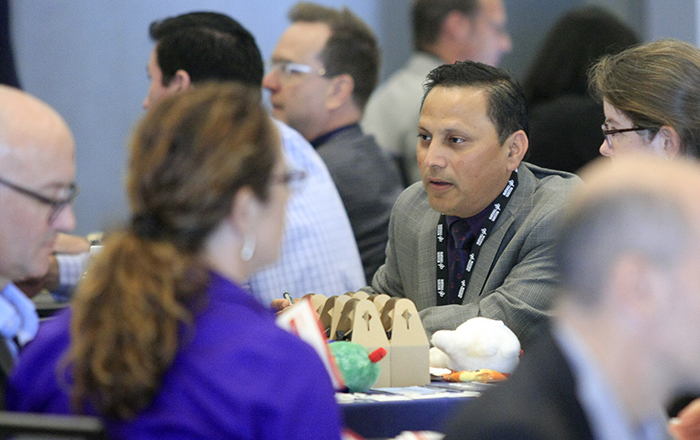
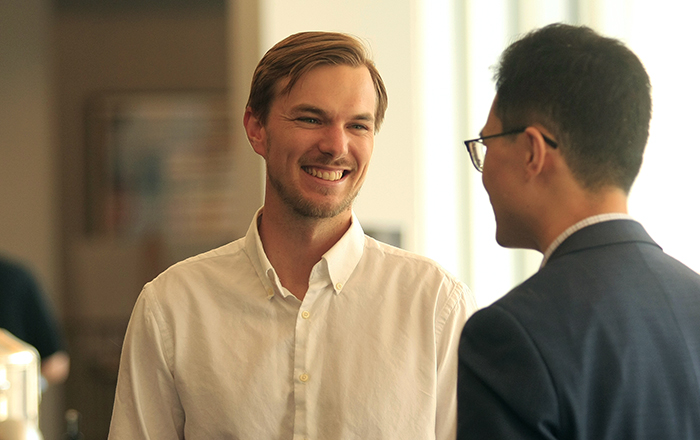
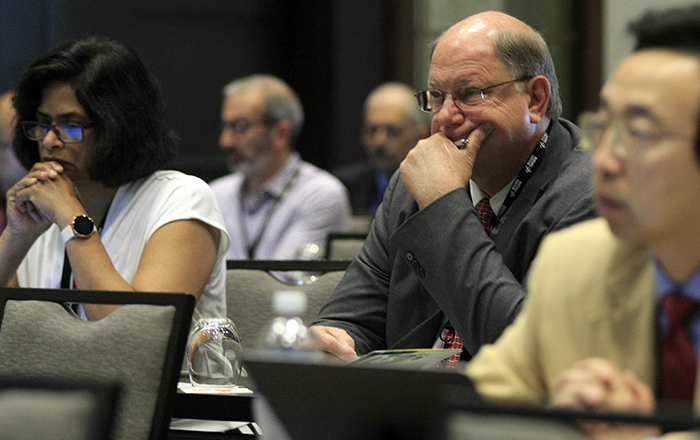
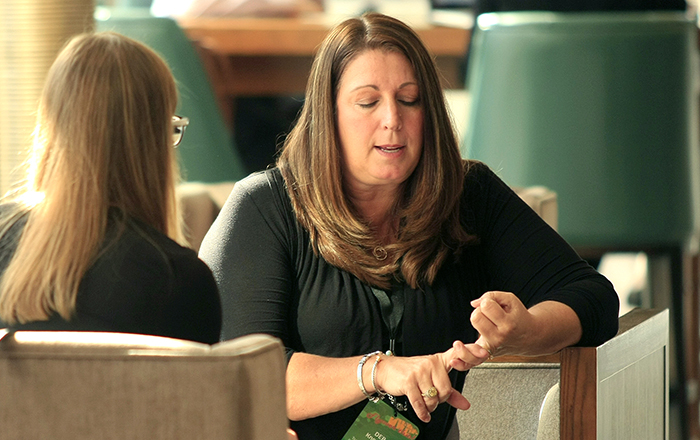
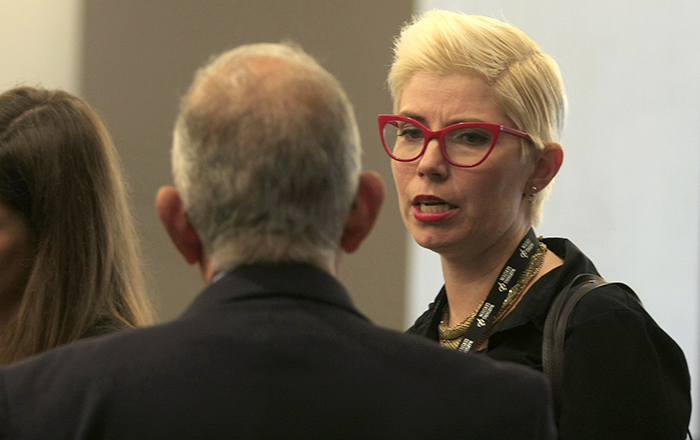
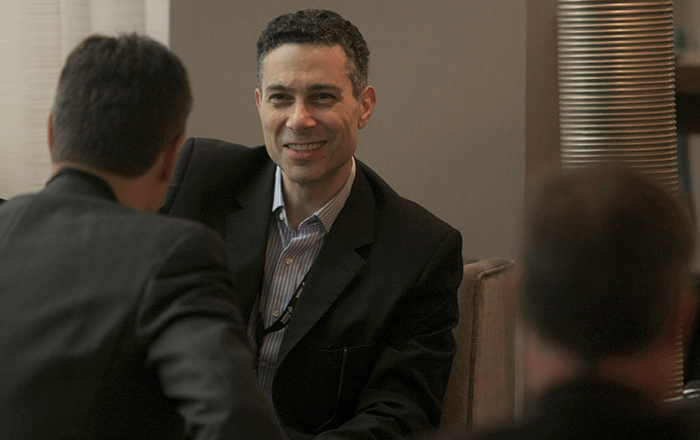
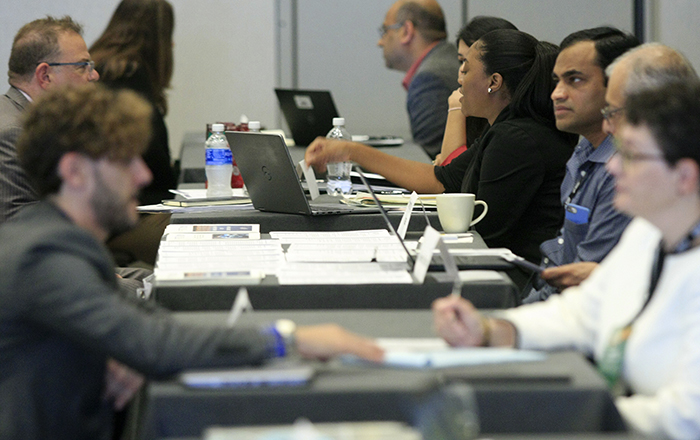
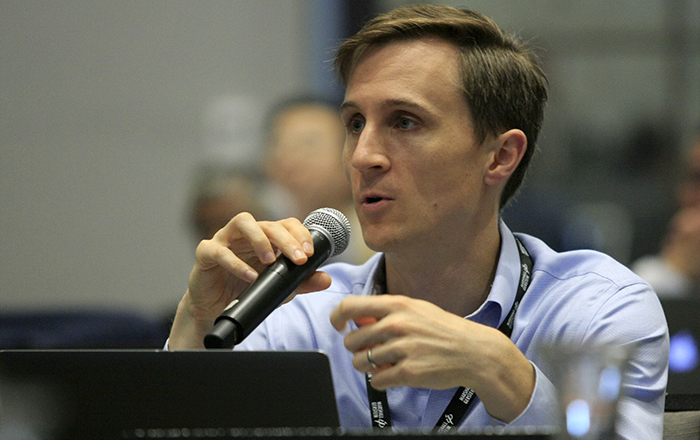
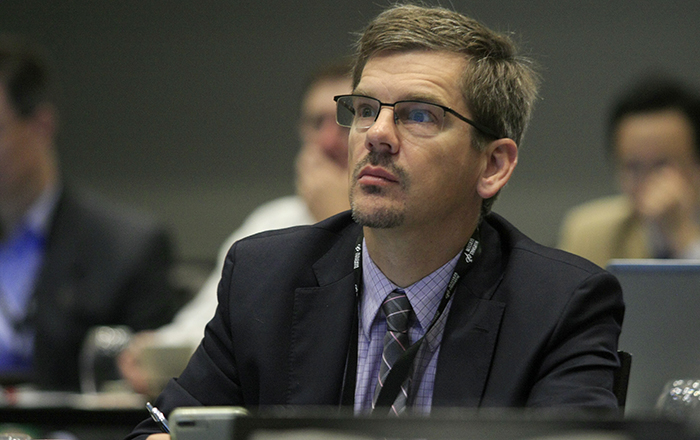













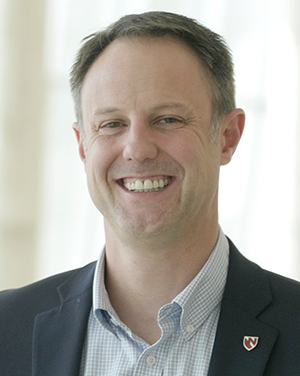 LINCOLN, Nebraska (Nov. 15, 2019)—UNeMed President and CEO, Michael Dixon, PhD, will be the featured guest during the University of Nebraska President’s Halftime Show of the Cornhuskers’ football game with the No. 14 Wisconsin Badgers on Saturday.
LINCOLN, Nebraska (Nov. 15, 2019)—UNeMed President and CEO, Michael Dixon, PhD, will be the featured guest during the University of Nebraska President’s Halftime Show of the Cornhuskers’ football game with the No. 14 Wisconsin Badgers on Saturday.






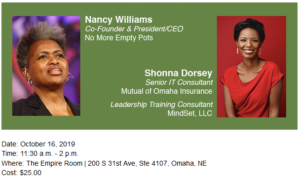 Sponsored and hosted by Bio Nebraska, the luncheon will be held at 11 a.m.-2 p.m. in the Empire Room at Midtown Crossing in Omaha. Registrations are now closed.
Sponsored and hosted by Bio Nebraska, the luncheon will be held at 11 a.m.-2 p.m. in the Empire Room at Midtown Crossing in Omaha. Registrations are now closed.
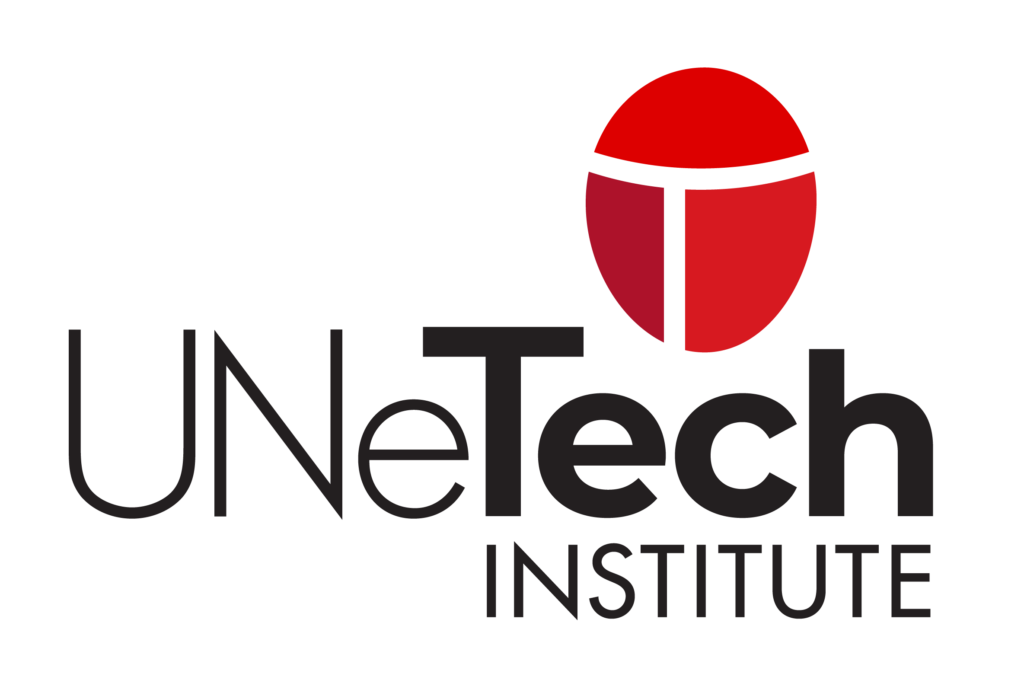 The Open House will feature local entrepreneurs who will demonstrate early-stage technologies that are the basis for new startup companies in healthcare-related industries. It will be held at UNeTech at 3929 Harney Street.
The Open House will feature local entrepreneurs who will demonstrate early-stage technologies that are the basis for new startup companies in healthcare-related industries. It will be held at UNeTech at 3929 Harney Street.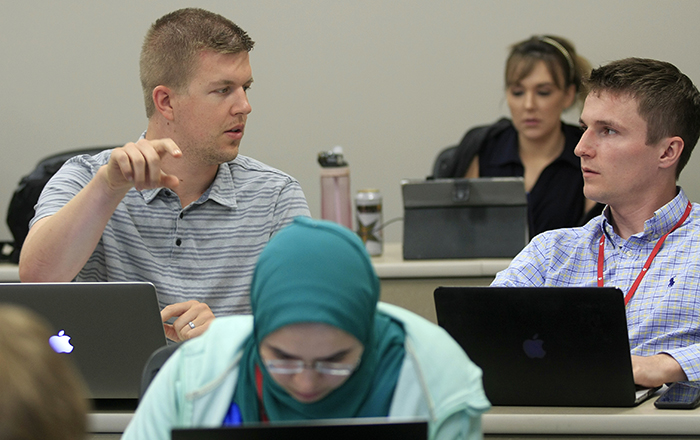
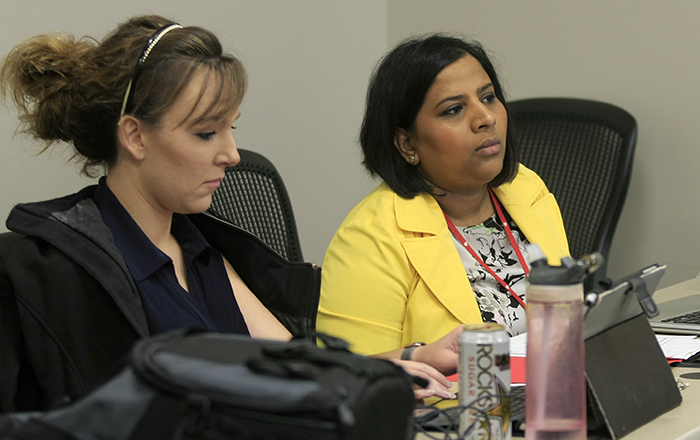
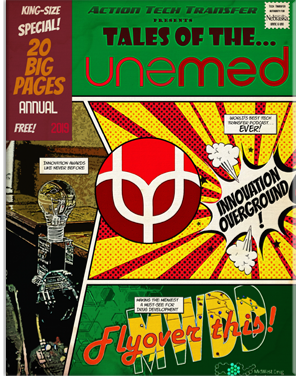 OMAHA, Nebraska (Oct. 14, 2019)—UNeMed released today its 2019 annual report, which details UNeMed’s key metrics, and highlights notable achievements during the fiscal year ending in 2019.
OMAHA, Nebraska (Oct. 14, 2019)—UNeMed released today its 2019 annual report, which details UNeMed’s key metrics, and highlights notable achievements during the fiscal year ending in 2019.